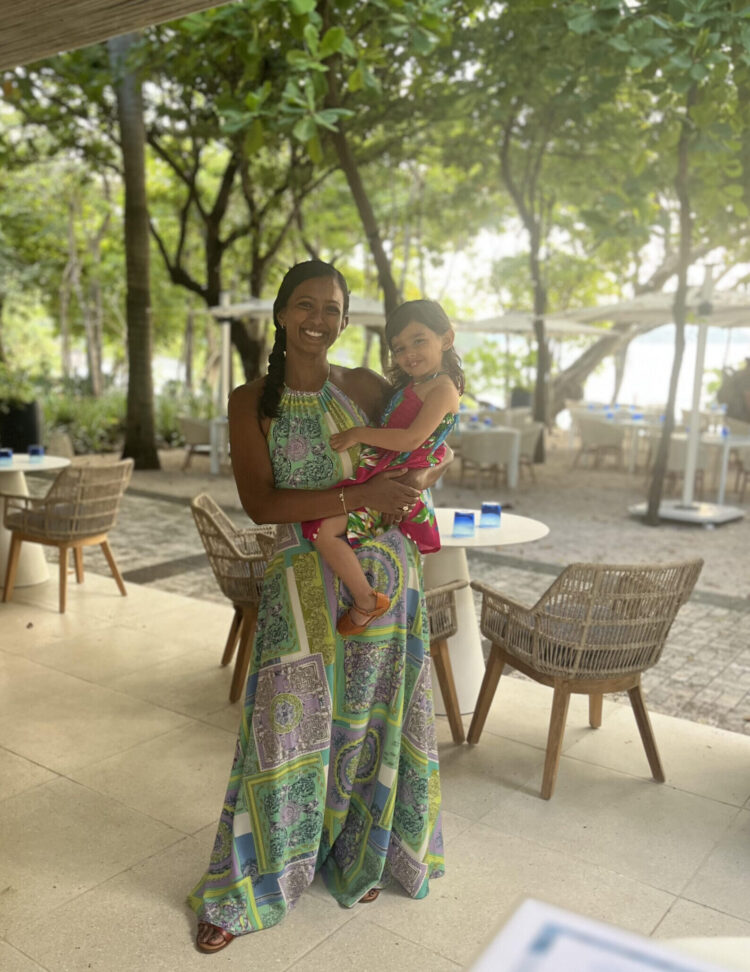Recently, we took a visit to Las Catalinas, in the Guanacaste region of Costa Rica. Las Catalinas is a neighboring town of Nicoya, one of the 5 Blue Zones. The people there were gracious and showed us how they live, not taking a minute for granted. They work hard but we never felt their stress. They taught us Spanish and we taught them English. We hiked every day, rain or shine. We ate healthy, whole foods at each meal. We stayed present, away from phones and cameras, truly experiencing life through their eyes. We greeted each other with a smile at every interaction and we learned to “enjoy the way” instead of the outcome.
If you know or have heard about Blue Zones, then you’re probably someone that is interested in living a long, healthy life. The Blue Zones movement initially started as a research project to learn about communities and cultures across the globe that live the longest and happiest lives.
Costa Rica spends a fraction of what America does on health care, but people seem to be living longer and healthier lives there than most other developed countries. Cancer exists there, but not nearly to the degree it does here. Many of their cancer secrets are embedded in their culture and environment.
What can we learn from them to change our Cancer Culture?
- Mindset: Costa Rican people have a strong sense of purpose and want to contribute to the greater good of the community. They focus primarily on family, with a special emphasis and respect placed on caring for elders and children in the community. During downtime, instead of being on phones, they visit frequently with their neighbors and colleagues – listening and showing appreciation in observable ways.
- Exercise: People in Costa Rica work over 12 hours a day but they don’t view their work as stressful, they enjoy it and find satisfaction in everyday chores. Before, during breaks or after work, you will find them walking outside or helping someone.
- Nutrition: The majority of people bring their own food and eat outside during breaks. The markets and restaurants offer a variety of whole and fresh foods, including vegetables, fruit, seafood, meat and dairy. Processed foods are hard to come by. The portions are generally smaller and people only eat what their body needs, not in excess.
- Environment: You won’t see a multitude of brands of personal or home care products. Regardless of how hot it is, people are outside at all hours of the day, working together.
- Genes: Their culture is rooted in family, spirituality and remaining free of stress. They not only think about their own generations, but understand the value of passing down healthy habits to their children and grandchildren.
What a beautiful culture you have, Costa Rica! Thank you for sharing your beauty and peace with us.
Follow us on Facebook, Instagram, and LinkedIn, and visit our website or join our email list for cancer health and wellness support.

